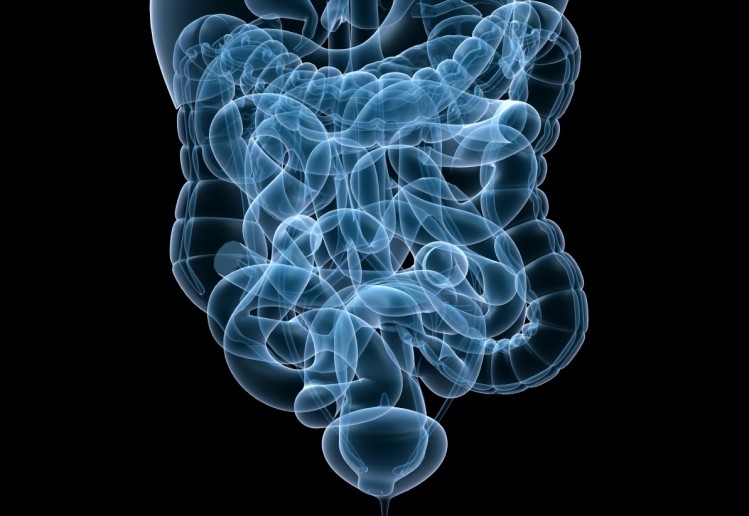High-dose vitamin D may boost diversity of the gut microbiome: Study

Scientists from the Medical University of Graz report that high daily doses of vitamin D3 for five weeks led to significant reductions in bacteria such as Pseudomonas spp. and Escherichia/Shigella spp.
“The marked reduction in Gammaproteobacteria, which include typical opportunistic pathogens and the increase in phylotype richness, supports the beneficial effect of a high-dose vitamin D3 supplementation on the human gut microbiome,” wrote the researchers.
“This might in part explain the effects of a vitamin D-rich diet on IBD or bacterial infections and encourage studying the effects of vitamin D in these patients.”
Study details
The researchers recruited 16 healthy people to participate in their open-label, pilot study. Participants had their GI tracts sampled at four different places, starting with the stomach and ending with a stool sample, before and after receiving high dose vitamin D3 for eight weeks. The dose for the first four weeks was 980 IU/kg bodyweight of vitamin D3 per week, and the dose for the second four weeks was 490 IU/kg bodyweight per week.
Results showed that the gut microbiome in the upper GI tract was changed as a result of D3 supplementation.
The vitamin D3 supplements were also associated with significantly higher number of CD8+ T immune cells in the upper GI tract, which may have driven the decrease in Gammaproteobacteria observed, said the researchers.
“CD8+ T cells have the highest expression level of [vitamin D receptors] compared with other immune cells, which suggests that CD8+ T cell function is also regulated by vitamin D,” they wrote. “Calcitriol [also known as 1,25-dihydroxyvitamin D (1,25(OH)2D), the hormonally active metabolite of vitamin D] influences cytokine production in human CD8+ T cells and is known to act as a stop signal in inflammatory processes. CD8+ T cells are also capable of directly destroying harmed or infected host cells, thus lowering the number of proinflammatory cells.
“Reducing such an inflammatory environment by vitD3 could diminish the competitive advantage of opportunistic pathogens, such as Escherichia/Shigella spp. or Pseudomonas spp. which are evolutionary better adapted to inflammation and can out-compete commensal bacteria. In return, a low inflammatory environment allows beneficial bacteria such as Bacteroidetes to outcompete opportunistic pathogens, resulting in increased phylotype richness which we found in this study.”
Source: European Journal of Nutrition
June 2016, Volume 55, Issue 4, pp 1479-1489, doi: 10.1007/s00394-015-0966-2
“Effects of high doses of vitamin D3 on mucosa-associated gut microbiome vary between regions of the human gastrointestinal tract”
Authors: M. Bashir, et al.













